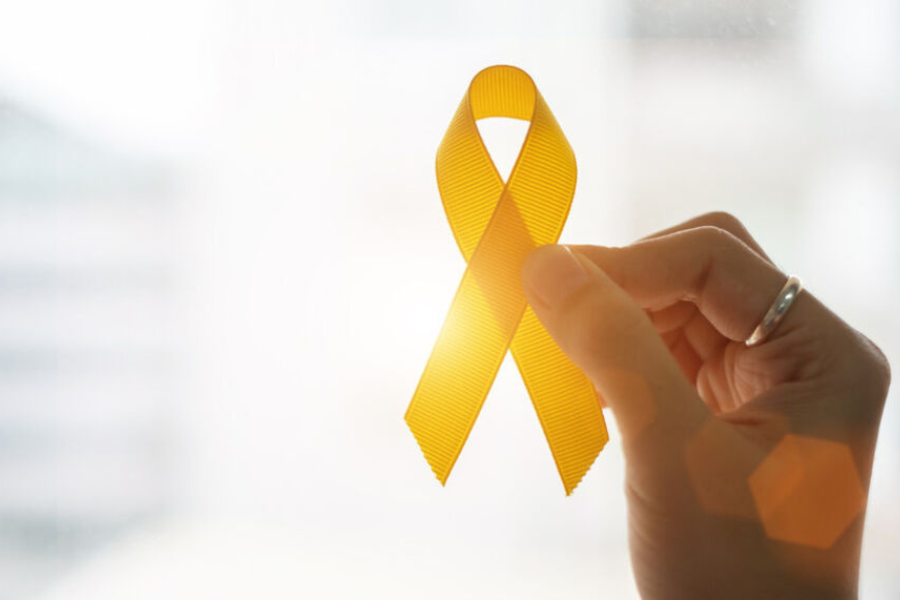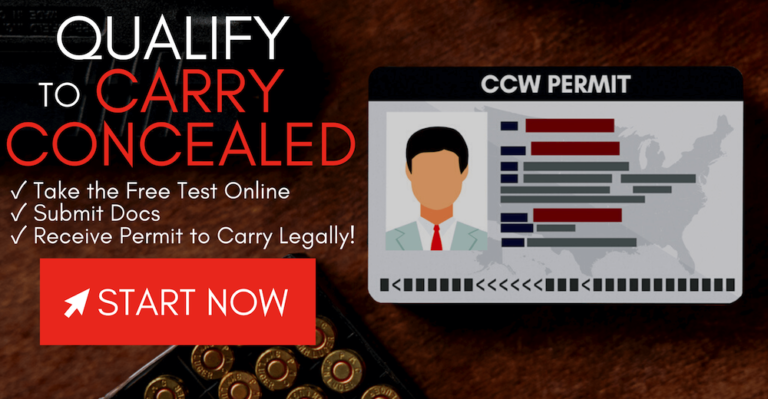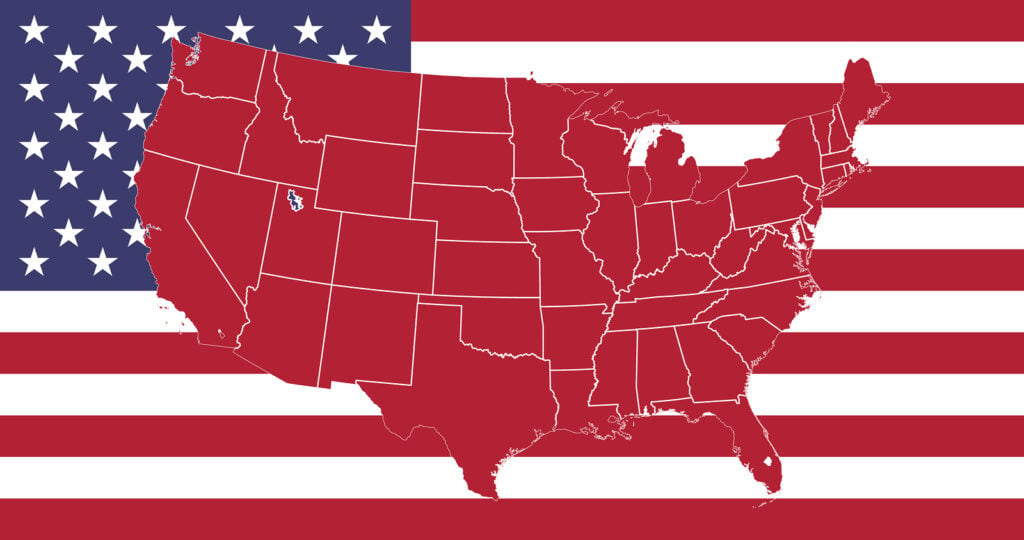*Content warning: This post contains sensitive information related to suicide and mental health. If you are having thoughts of self-harm, please call the 988 Suicide & Crisis Lifeline that provides 24/7 service via a toll-free hotline or seek help from your trusted mental health professional.
September is National Suicide Prevention Month, which is commemorated by a yellow awareness ribbon. This month, as well as the designated National Suicide Prevention Week (Sept. 4-10) and Day (Sept. 10) are an opportunity to break the stigma around this critical topic and provide life-saving information and resources to the public.
More than 45,000 people on average commit suicide every year in the United States alone, according to the Centers for Disease Control and Prevention (CDC). According to the Suicide Prevention Resource Center, firearms are the most common means of suicide in the United States, followed by suffocation and poisoning. This demonstrates the importance of access prevention and safe storage of guns and medications for those who may be suffering from mental illness.
Sobering Statistics
In 2020, there were a total of 45,979 suicides committed in the United States. This number is almost double the 24,576 homicides in the same time period.
Suicide in 2020 was the second leading cause of death for individuals in the 10-14 and 25-34 age ranges. Over all age ranges, suicide was the 12th leading cause of death, but it has made the top 10 in recent years.
At Concealed Coalition, our goal is to bring this unacceptable number of suicides as close to zero as we can. In order to do so, we provide an array of tips and training on gun safety, storage, and child access prevention. Furthermore, we want everyone to know about resources to help address this mental health crisis, because suicide affects us all.
Basics and Potential Indicators of Suicide

According to the National Institute of Health (NIH), suicide is defined as death caused by self-directed injury with the intent to die from this behavior.
A suicide attempt, on the other hand, is a non-fatal, self-directed, potential injury with intent to die as a result of the behavior. A suicide attempt may or may not result in injury.
Suicidal ideation (also known as suicidal thoughts) refers to thinking about or planning suicide.
Suicidal thoughts, much like other mental health issues, can affect anyone, regardless of age, gender, or background. Suicide is often related to an underlying, untreated mental health condition.
It is important to recognize potential warning signs in yourself or someone you know. According to the National Alliance on Mental Illness (NAMI), these signs include:
- Thoughts of suicide
- Excessive or prolonged periods of worry, fear, sadness, or anger
- Confusion or problems concentrating or learning
- Extreme mood changes, including uncontrollable “highs” and “lows”
- Avoidance of friends and other social activities
- Changes in eating or sleeping habits or sex drive
- Experiencing delusions or hallucinations
- Abuse of substances like alcohol or drugs
- Inability to complete daily activities or handle daily problems and stress
- Intense fear of weight gain or obsessive concern with appearance
While these signs are not necessarily a definitive diagnosis of a mental health condition, if someone is experiencing one or more of these signs, it may be time to seek professional help.
How Can I Help? – Shareable Resources for Those in Need
In 2020, Congress designated the number 988 to be the new Suicide and Crisis Lifeline. It is operated by a national network of local crisis centers. By calling this number, you can receive free and confidential support 24/7.
If making an initial call is uncomfortable, you can text NAMI at 741-741 to be connected to a free, trained crisis counselor.

988Lifeline.org has resources specifically tailored for a variety of different demographic groups, including but not limited to children, mothers, veterans, those experiencing loss, and members of the LGBTQ+ community. These resources are also available in Spanish.
The 988 Lifeline site also offers a plan it calls #BeThe1To. #BeThe1To is a six-step plan:
- Ask
- Be There
- Keep Them Safe
- Help Them Stay Connected
- Follow Up
- Learn More
By following the steps in this plan, the Lifeline hopes to raise awareness about suicide and help people provide aid to those they know who may be experiencing a mental health crisis.
The National Alliance on Mental Illness (NAMI) has created this guide on Navigating a Mental Health Crisis. It outlines warning signs, provides advice and resources for what to do in a crisis, and offers insight on what to expect from a mental health treatment.
More resources:
At Concealed Coalition, we’re committed to suicide prevention and to ensuring that the members of our community have resources to turn to in crisis.




